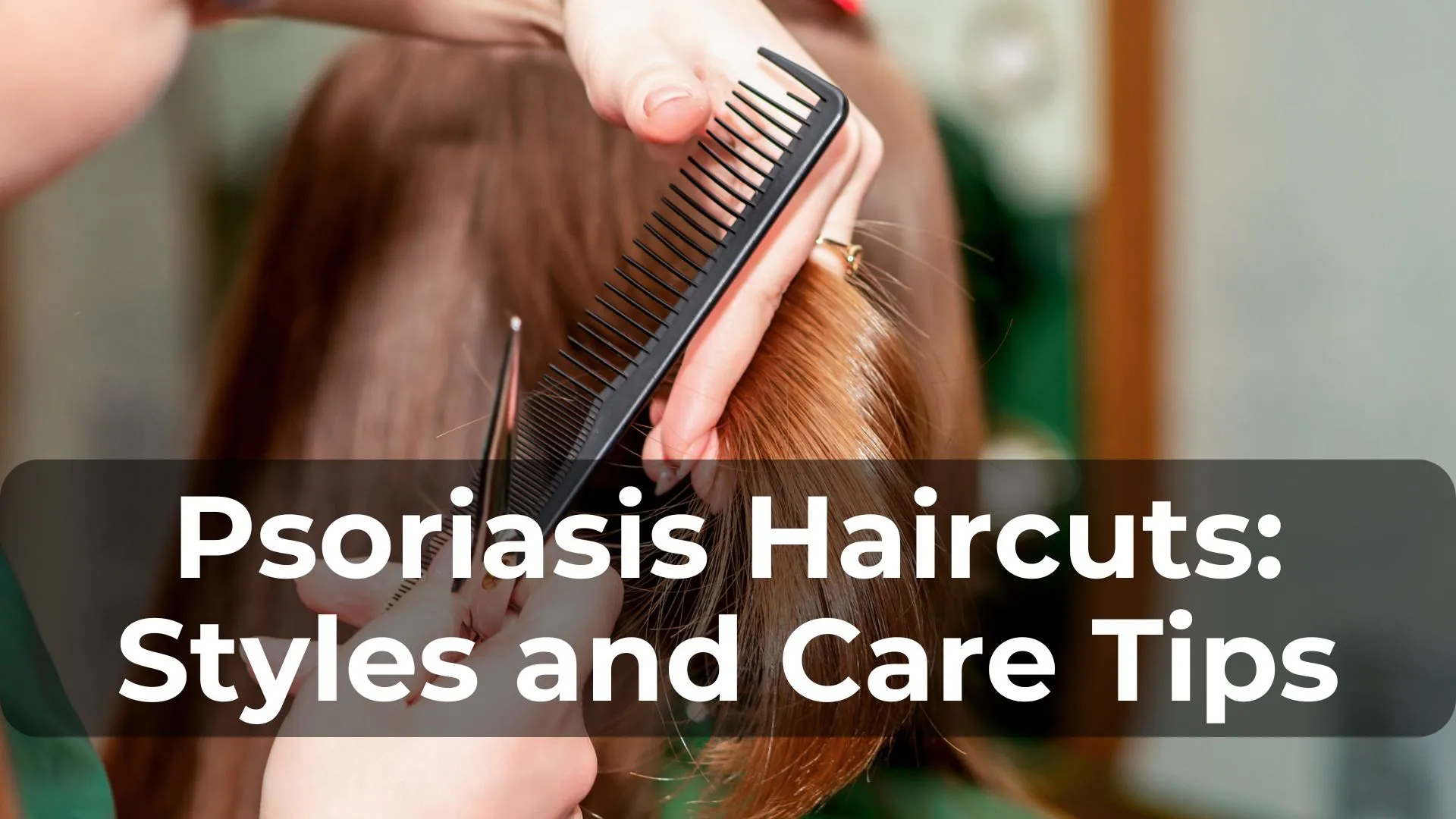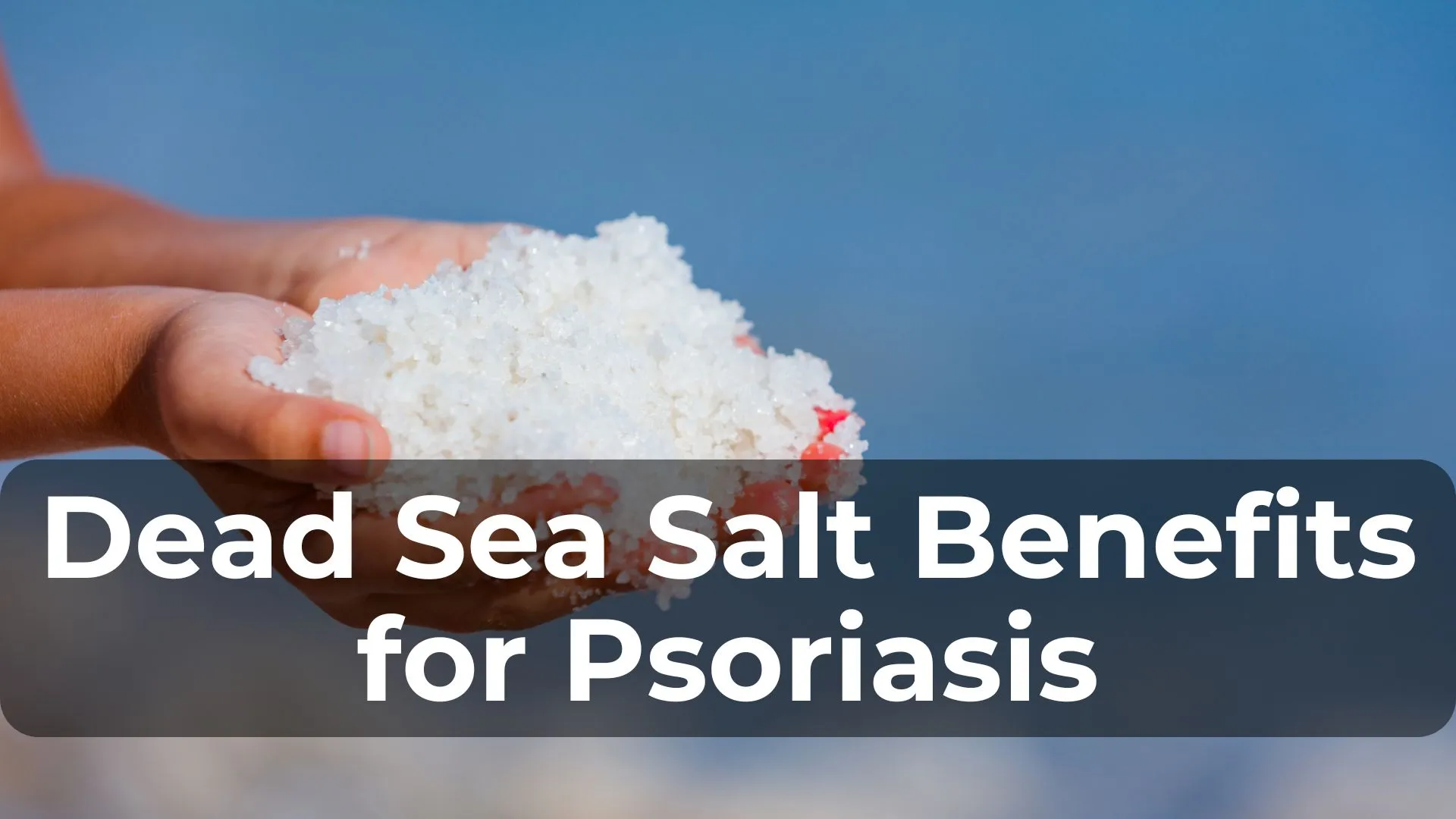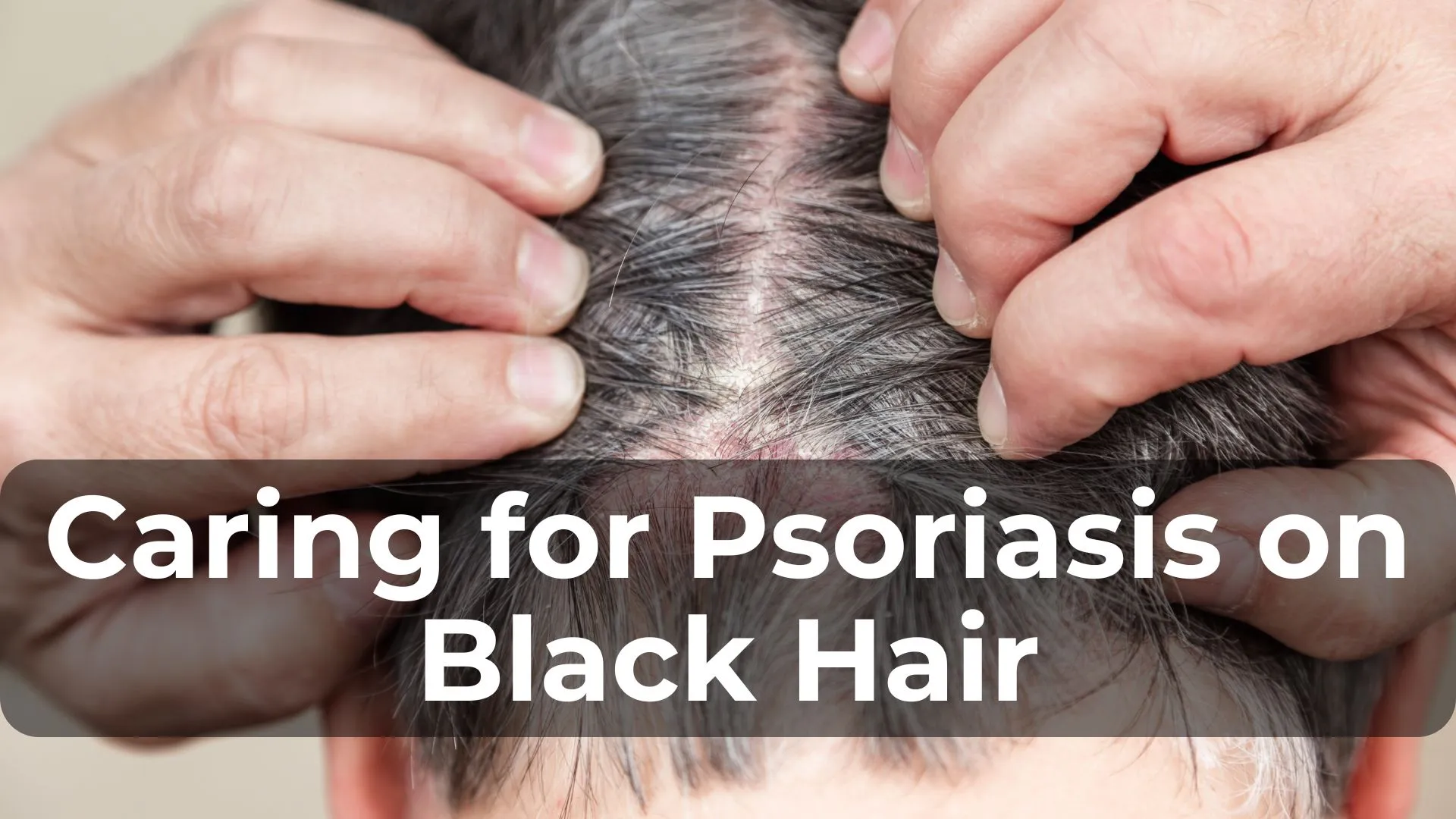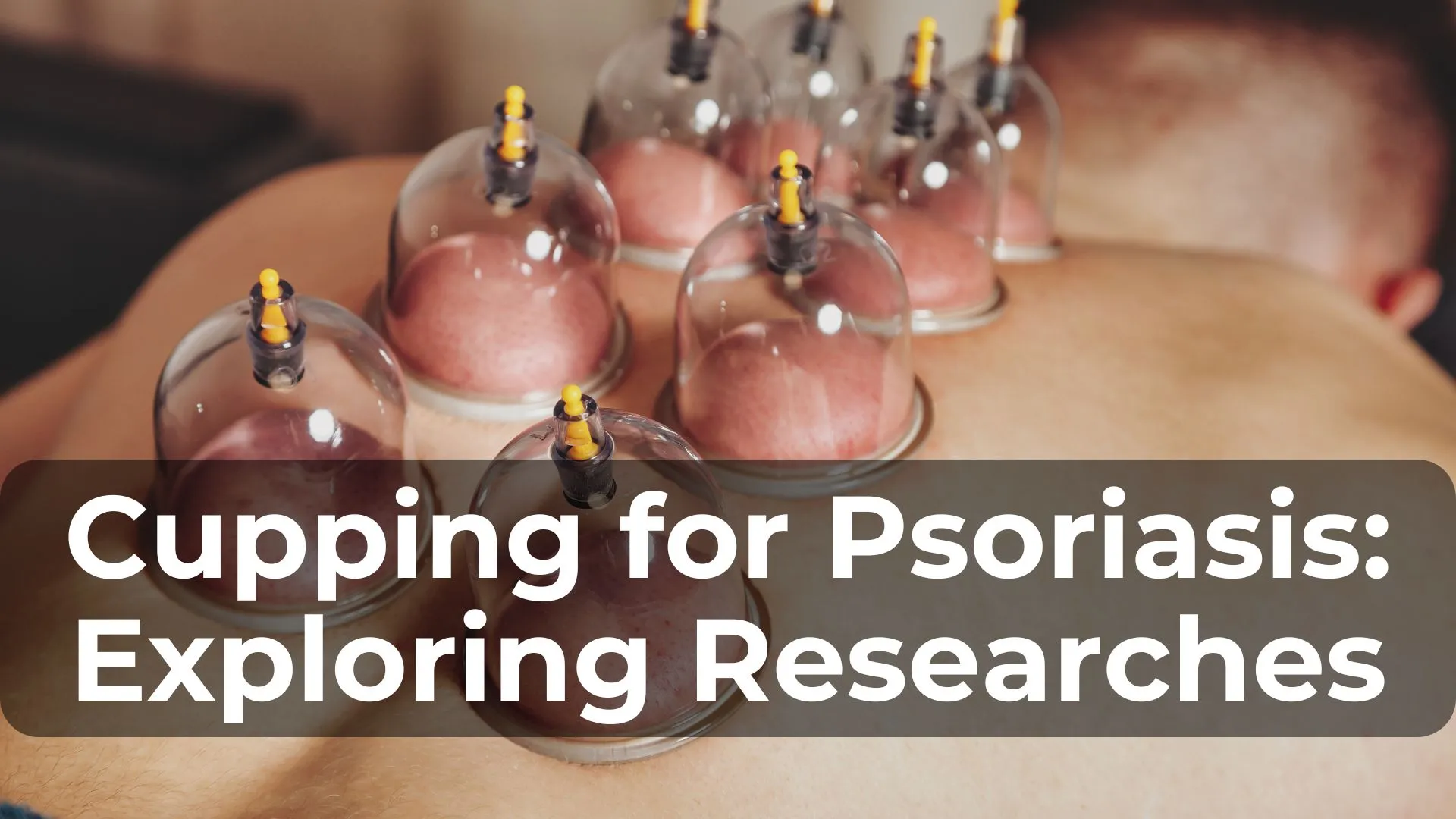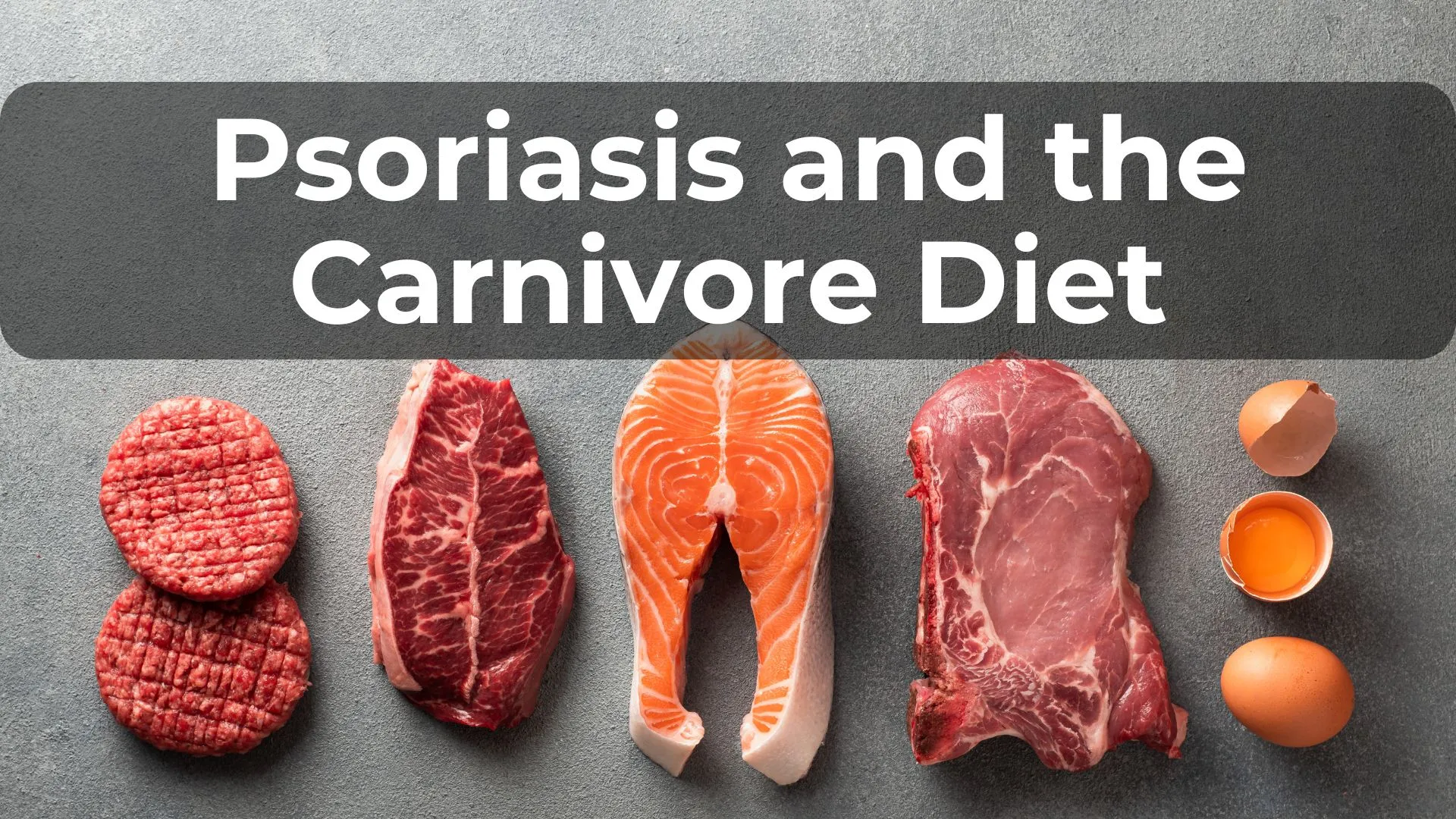
Have you ever felt like your own body was waging war against you? That’s exactly how I felt when I was diagnosed with psoriasis. It a battle that millions of people fight every day, and let me tell you, it’s not an easy one. But what if I told you that I found an unexpected ally in this fight? An ally that goes against everything we’ve been taught about nutrition? Buckle up, because I’m about to take you on a wild ride through my personal journey with psoriasis and the carnivore diet.
Table of Contents
ToggleThe Psoriasis Predicament
Before we dive into the meaty stuff (pun intended), let’s talk about psoriasis. For those of you who aren’t familiar, psoriasis is an autoimmune condition that causes cells to build up rapidly on the surface of the skin. The extra skin cells form scales and red patches that are itchy and sometimes painful. It’s like your skin is trying to grow faster than you can shed it. Not a pretty picture, right?
I remember the day I was diagnosed. The doctor looked at my patchy, red skin and delivered the news with a sympathetic smile. “It’s psoriasis,” he said. “Don’t worry, we’ll manage it.” But as I soon found out, “managing” psoriasis was easier said than done.
The Conventional Wisdom Conundrum
Following my diagnosis, I did what any reasonable person would do – I followed my doctor’s advice to the letter. I tried topical treatments, light therapy, and even systemic medications. I slathered on creams, popped pills, and basked under UV lights like I was on a tropical vacation (minus the fun and margaritas, of course).
But you all these treatments, my psoriasis persisted. It was like playing whack-a-mole with my skin. I’d clear up one patch only to have another pop up elsewhere. It was frustrating, to say the least came the dietary advice. “Eat a balanced diet,” they said. “Lots of fruits, vegetables, whole grains, and lean proteins.” So, I dutifully filled my plate with colorful veggies, munched on whole grain bread, and ate my weight in kale. I was the poster child for the food pyramid.
But guess what? My psoriasis didn’t care about my perfect diet. It stud to improve.
The Carnivore Curiosity
It was during one of my late-night, symptom-googling sessions that I stumbled upon something intriguing – the carnivore diet. At first, I thought it was a joke. A diet of only meat? Surely, that couldn’t be healthy, let alone help with psoriasis. But as I dug deeper, I found anecdotes from people claiming significant improvements in their autoimmune conditions, including psoriasis.
Now, I’m not one to jump on every dietary bandwagon that rolls by. But at this point, I was desperate. I’d tried everything else, so what did I have to lose? (Apart from my vegetable drawer, that is.)
Taking the Plunge
Making the decision to try the carnivore diet wasn’t easy. It went against everything I’d been taught about nutrition. Plus, the idea of giving up my morning smoothie and lunchtime salad was pretty daunting. But Id myself that this was an experiment, not a lifelong commitment.
So, I cleared out my fridge, said a tearful goodbye to my beloved avocados, and stocked up on meat. Lots and lots of meat.
The first few days were… interesting, to say the least. I felt like a lion at a steakhouse. Breakfast? Steak. Lunch? Burger patties. Dinner? You guessed it, more steak. My family thought I’d lost my mind. My friends were convinced I was going to keel over from a heart attack any minute.
But you know what? I didn’t. In fact, something unexpected happened.
The Surprising Results
About a week into my carnivore experiment, I noticed something. The constant itching that had been my constant companion? It was less intense. I thought I was imagining things at first. But as the days went by, it became clear – my skin was actually improving.
By the end of the second week, the improvement was undeniable. The red patches were less angry, the scaling was reduced, and for the first time in years, I didn’t feel the need to scratch constantly. It was like my skin had decided to call aasefire.
But it wasn’t just my skin that was changing. I noticed I had more energy. The brain fog that I’d grown accustomed to lifted. I was sleeping better at night and feeling more alert during the day. It was as if someone had turned up the dimmer switch on my life.
The Science (or Lack Thereof)
Now, I know what you’re thinking. “Where’s the science behind this?” And you’d be right to ask. The truth is, there isn’t much scientific research specifically on the carnivore diet and psoriasis. Most of the evidence is anecdotal, like my own experience.
However, there are some theories about why it might work. Some researchers suggest that certain plant compounds, like lectins, can be inflammatory for some people. By eliminating these, the carnivore diet might reduce overall inflammation in the body.
Others point to the elimination of sugar and processed foods, which are known to exacerbate inflammation. And then there’s the potential on the gut microbiome, which plays a crucial role in immune function.
But here’s the thing – we’re all different. What works for one person might not work for another. And that’s okay. The important thing is to listen to your body and work with healthcare professionals to find what works best for you.
The Challenges
Now, don’t get me wrong. The carnivore’t all rainbows and unicorns (or should I say, steaks and burgers?). It comes with its fair share of challenges.
For one, it’s socially awkward. Try explaining to your friends why you’re only eating the burger patty and leaving everything else on your plate. Or why you can’t join them for pizza night. It takes some getting used to, both for you and for those around you.
Then there’s the monotony. I never thought I’d say this, but there are days when I get tired of eating meat. Who knew that was even possible? I’ve had to get creative with different cuts and cooking methods to keep things interesting.
And let’s not forget about the potential nutritional deficiencies. While meat is nutrient-dense, there are certain vitamins and minerals that are more abundant in plant foods. I’ve had to work closely with my doctor to monitor my nutrient levels and supplement where necessary.
The Takeaway
So, what’s the moral of this meaty tale? Is the carnivore diet a miracle cure for psoriasis? Should everyone with an autoimmune condition start stocking up on steaks?
Not necessarily. My journey is just that – mine. It’s not a prescription or a guarantee. What it is, is a reminder that sometimes, thinking outside the box (or outside the food pyramid) can lead to surprising results.
If you’re struggling with psoriasis or any other chronic condition, don’t be afraid to explore different options. Work with your healthcare providers, do your research, and most importantly, listen to your body. It might just lead you down an unexpected path to better health.
As for me, I’m continuing to navigate this carnivore journey. Will I stay on it forever? I’m not sure. But for now, it’s giving me relief that I haven’t found elsewhere. And in the grand scheme of things, that’s what matters most.
So here’s to unconventional solutions, to listening to our bodies, and to never giving up in the face of chronic illness. Who knows? Your solution might be just around the corner – or in my case, in the meat aisle of the grocery store.




